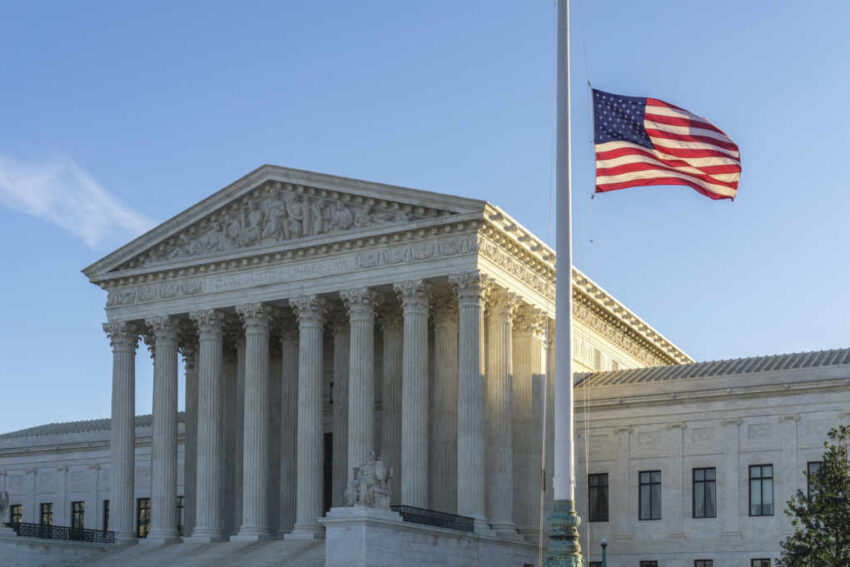The Supreme Court has upheld a Texas law requiring pornography websites to verify users’ ages before granting access, marking a key shift in First Amendment interpretation and online child protection standards.
At a Glance
- The Court ruled 6–3 that Texas HB 1181’s age‑verification mandate does not violate adults’ free speech rights.
- The law requires sites with more than one-third sexual material harmful to minors to collect IDs from all visitors.
- Conservative justices, led by Clarence Thomas, backed the law; liberal justices dissented.
- The Court distinguished the case from Ashcroft v. ACLU (2004), citing modern tech realities.
- Nearly 24 states are considering or have passed similar age-verification mandates.
Shifting Free Speech in the Digital Age
In a 6–3 decision, the Supreme Court upheld Texas House Bill 1181, which mandates that adult websites verify users’ ages through government-issued IDs. Writing for the majority, Justice Clarence Thomas argued the measure reasonably protects minors without significantly burdening adults’ speech rights.
The ruling diverges from the Court’s 2004 precedent in Ashcroft v. ACLU, which invalidated a federal age-check law on similar grounds. This time, justices cited the rise of smartphones, remote learning, and unfiltered web access as factors rendering parental controls insufficient.
Critics—including liberal justices and civil liberties groups—warned that the ruling opens the door for states to suppress constitutionally protected adult content by redefining what is “harmful to minors.” The majority instead leaned on a new case, Free Speech Coalition v. Paxton, to assert states’ growing authority in digital spaces.
Broad Implications for Online Regulation
The Texas law, already emulated by states like Utah and Louisiana, applies to websites where over 33% of content qualifies as sexually explicit and potentially harmful to minors. It mandates real ID submission for access—a requirement critics say is ripe for privacy violations.
Justice Samuel Alito stirred headlines by comparing Pornhub to Playboy, raising concerns about expanding the definition of what qualifies as “harmful” under the law. Tech companies warn the law is difficult to enforce and could push traffic toward unregulated platforms like Reddit or Telegram.
Watch a report: The Supreme Court Case That Could End Porn as We Know It
Privacy Backlash and Legal Fallout
Opponents argue the ruling enables governments to force citizens to upload personal IDs to stigmatized platforms, setting dangerous precedents for surveillance, chilling speech, and data security risks. Advocacy groups say ID checks may deter users from accessing lawful adult content out of fear or shame.
Supporters counter that age checks are no more invasive than what brick-and-mortar adult retailers require, and stress the law’s aim: preventing early and repeated exposure to explicit material among youth.
As courts and legislatures digest the decision, privacy-preserving verification technology may emerge as a compromise. But for now, the ruling signals a decisive shift: courts will tolerate broader state efforts to regulate digital content in the name of child safety—even if it chills protected adult expression.
Click this link for the original source of this article.
Author: Editor
This content is courtesy of, and owned and copyrighted by, https://deepstatetribunal.com and its author. This content is made available by use of the public RSS feed offered by the host site and is used for educational purposes only. If you are the author or represent the host site and would like this content removed now and in the future, please contact USSANews.com using the email address in the Contact page found in the website menu.








